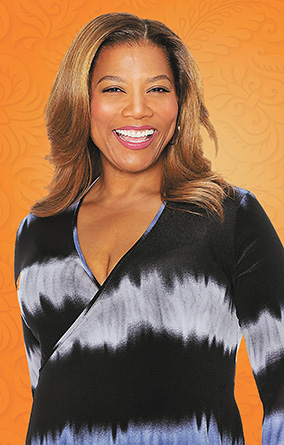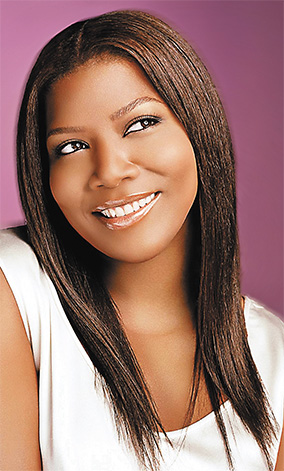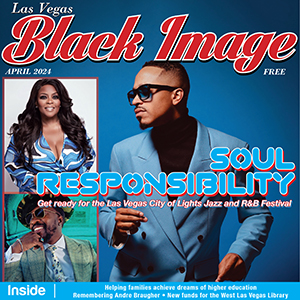Audience with the Queen
November 18, 2014 by Las Vegas Black Image Magazine
Filed under Cover Story, Feature
Whether boosting her star power or empowering the next generation of entertainers, Queen Latifah is meeting challenges and breaking down barriers.
BY KIMBERLY BAILEY-TUREAUD
Groundbreaking rapper. Successful businesswoman. Television star. Oscar-nominated actress. Revered mentor. Highly-rated daytime talk show host.
Few artists can lay claim to the brand of multifaceted fame and influence Queen Latifah has built over more than 20 years in the entertainment industry. For the woman born Dana Owens, her exalted status can be traced to a realization that she arrived at long before becoming a household name: Business comes first. With her Flavor Unit company solidly established in the Hollywood firmament, Latifah’s star power and influence have never been greater. She recently sat down with Las Vegas Black Image Magazine publishers Charles Tureaud and Kimberly Bailey-Tureaud for an exclusive and candid interview about her place in the zeitgeist, diversity in Hollywood and how she aims to expand opportunities for the next generation of stars.
Charles: What do you feel about the lack of diversity and the lack of African American men in late night television?








